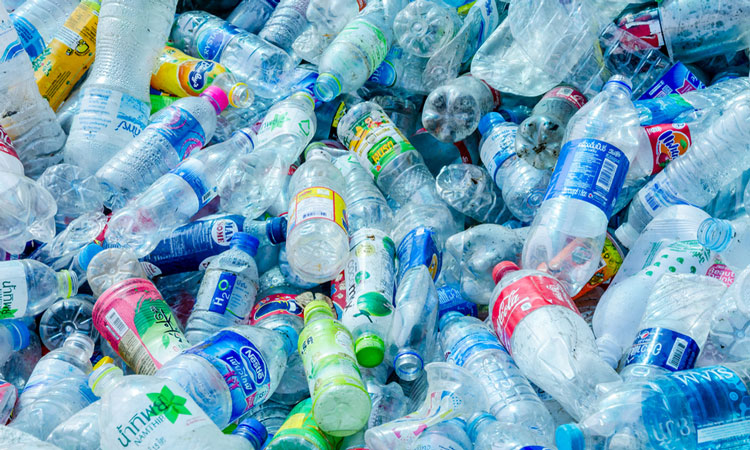New UK plastic tax could be a ‘real boost’ for circular economy, says BV
- Like
- Digg
- Del
- Tumblr
- VKontakte
- Buffer
- Love This
- Odnoklassniki
- Meneame
- Blogger
- Amazon
- Yahoo Mail
- Gmail
- AOL
- Newsvine
- HackerNews
- Evernote
- MySpace
- Mail.ru
- Viadeo
- Line
- Comments
- Yummly
- SMS
- Viber
- Telegram
- Subscribe
- Skype
- Facebook Messenger
- Kakao
- LiveJournal
- Yammer
- Edgar
- Fintel
- Mix
- Instapaper
- Copy Link
Posted: 19 March 2020 | Sam Mehmet (New Food) | No comments yet
Bureau Veritas (BV) has stated that it believes the packaging levy is likely to aid companies looking to incorporate the principles of circular economy into their operations by helping to create new markets for recyclable materials that have traditionally ended up in landfill.


With the UK set to bring in a new tax on plastic packaging, sustainability authority Bureau Veritas (BV) has suggested that the levy represents a ‘real boost’ for the circular economy.
As part of the UK 2020 Budget annoucements, Chancellor Rishi Sunak announced that from April 2020, the UK will introduce a new plastics packaging tax which would mean that manufacturers and importers whose products have less than 30 percent recyclable material will be charged £200 per tonne. The move is designed to increase the use of recycled plastic in packaging by 40 percent, which, according to the government, is “equal to carbon savings of nearly 200,000 tonnes”.
“The UK’s plastic tax announcement reflects the prevailing public sentiment that businesses should be doing more to combat the level of plastic waste that is having a detrimental impact on our environment,” said David Murray, Technical Director for Sustainability at BV.
“The levy will provide a real boost for the UK’s mission to move towards a circular economy as to will undoubtedly help to unlock future investment in recycling infrastructure. It will also allow the resources and waste sector to utilise valuable materials that have traditionally been lost to export markets.
“On a wider scale, this will have huge implications for the rising number of businesses we’ve seen in recent years looking to embed sustainability into their operations by adopting circular economy principles. For instance, the policy is likely to boost the recycling rates of the entire supply chain – from procurement to disposal – reducing waste output as well as spurring more sustainable product design. It will also help to drive a company’s Corporate Social Responsibility (CSR) profile and, according to latest research, offers real benefit in cost-savings through improved efficiencies across for the UK manufacturing sectors in particular.”
The government has now launched a consultation, open until 20 May 2020, on the detailed design and implementation of the tax, which includes consideration of an exemption for certain types of medical packaging.
“Given the rising demand for sustainable practices, adopting circular economy principles into many businesses is now timelier than it’s ever been. And, as a fundamental part of achieving the UK’s ambitious environmental obligations of reaching Net Zero emissions by 2025, many sectors should be taking the time now to embrace the circular model and understand the impact this could have on creating a truly sustainable economy,” Murray continued.
Related topics
Environment, Packaging & Labelling, Regulation & Legislation, Sustainability, Trade & Economy





